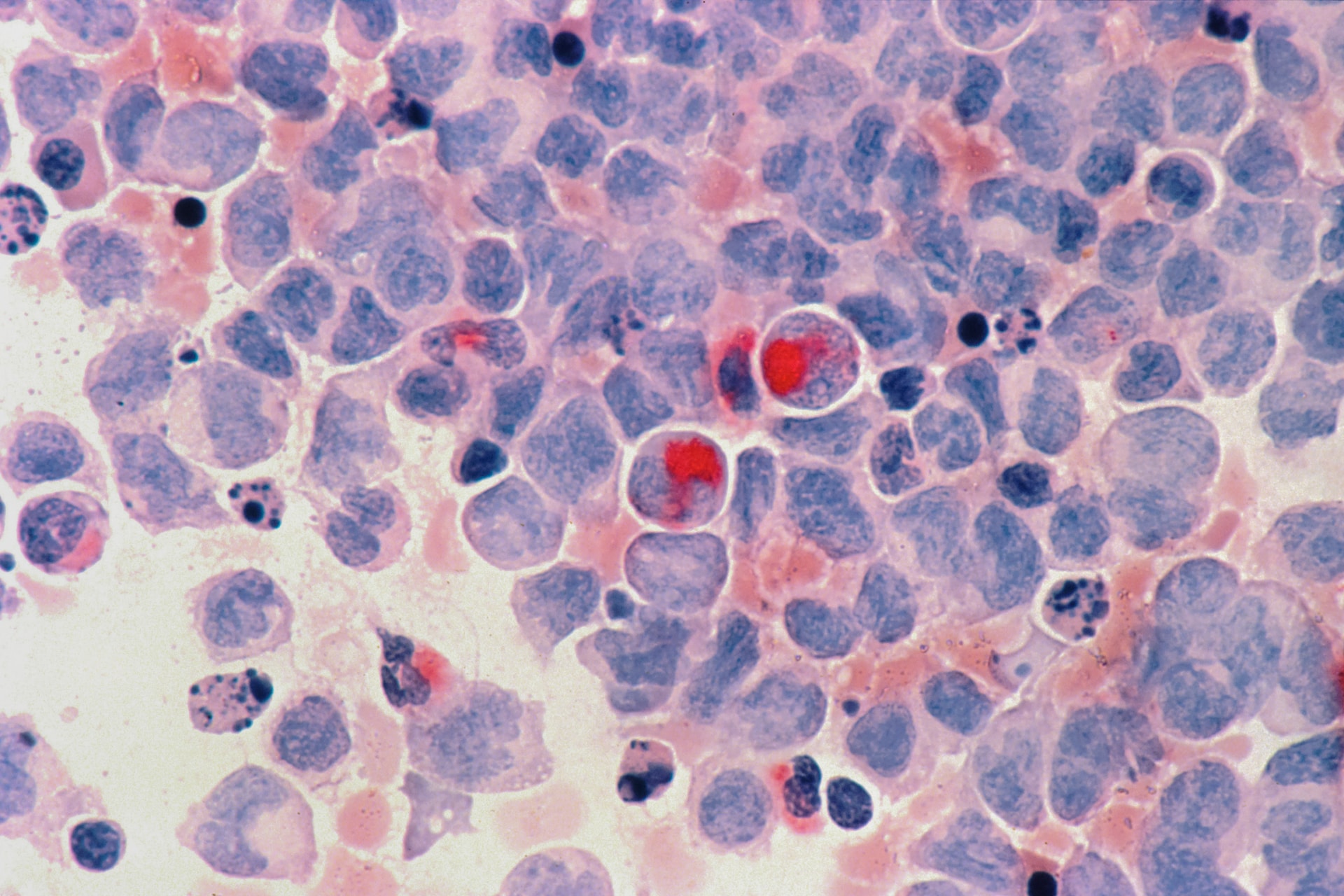Before You Go: Pre-Travel Preparation
1. Research Your Destination
- Gather information about your destination, including local customs, laws, and any health-related concerns, such as required vaccinations.
2. Consult a Travel Health Professional
- Visit a travel health clinic or consult your healthcare provider to discuss vaccinations, medications, and health precautions specific to your destination.
3. Pack a Travel Health Kit
- Include essential items like first-aid supplies, prescription medications, insect repellent, sunscreen, and any over-the-counter remedies you might need.
4. Check Your Travel Insurance
- Ensure you have appropriate travel insurance that covers medical emergencies, trip cancellations, and other unforeseen events.
During Your Journey: Staying Healthy and Safe
1. Stay Hydrated
- Drink plenty of water, especially in hot climates or at high altitudes, to prevent dehydration.
2. Food Safety
- Be cautious with street food and uncooked or undercooked dishes. Stick to reputable restaurants and avoid tap water in regions with unsafe drinking water.
3. Sun Protection
- Use sunscreen, wear protective clothing, and use sunglasses to shield yourself from harmful UV rays.
4. Insect Protection
- Use insect repellent to prevent insect-borne diseases like malaria and Zika. Consider bed nets in areas with a high risk of mosquito-borne illnesses.
5. Practice Safe Sex
- If you engage in sexual activity while traveling, use protection to prevent the transmission of sexually transmitted infections (STIs).
6. Be Aware of Altitude Sickness
- Ascend gradually to high altitudes to acclimatize your body. If you experience symptoms of altitude sickness, descend to a lower altitude.
7. Stay Alert to Local Safety Concerns
- Stay informed about local safety and security issues. Follow the advice of local authorities and your country’s embassy or consulate.
After Your Journey: Post-Travel Considerations
1. Reflect on Your Health
- Monitor your health after returning home. If you develop symptoms like fever, diarrhea, or rashes, consult a healthcare professional and mention your recent travel.
2. Follow Up on Vaccinations
- Some travel-related vaccinations require booster shots or additional doses after your return. Keep track of your vaccination schedule.
3. Clean and Disinfect
- Wash your clothes and disinfect your travel gear to prevent the spread of any potential contaminants.
4. Share Your Experience
- Share your travel experience and health concerns with your healthcare provider during your next check-up. This information can help in future travel planning.
Conclusion
Traveling can be an enriching and memorable experience, but prioritizing your health and safety is paramount. By taking proactive steps to prepare for your journey, staying vigilant during your travels, and addressing post-travel considerations, you can minimize health risks and maximize the enjoyment of your adventures. Remember that responsible travel not only safeguards your health but also respects the local communities and environments you encounter. Bon voyage!





